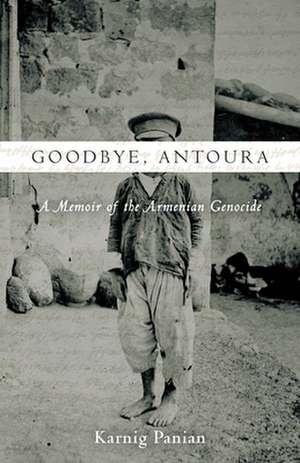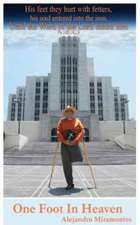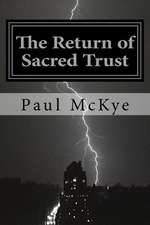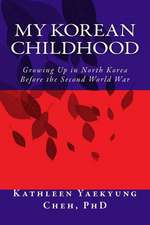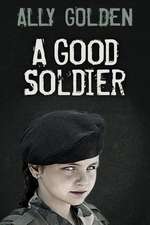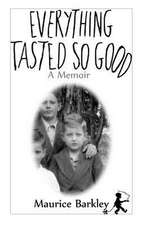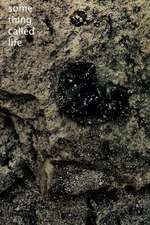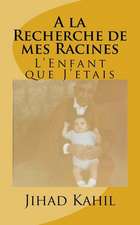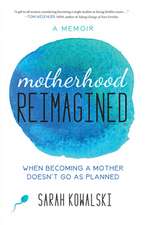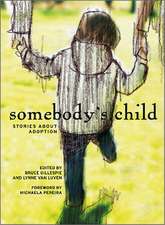Goodbye, Antoura: A Memoir of the Armenian Genocide
Autor Karnig Panianen Limba Engleză Paperback – 30 sep 2016
When World War I began, Karnig Panian was only five years old, living among his fellow Armenians in the Anatolian village of Gurin. Four years later, American aid workers found him at an orphanage in Antoura, Lebanon. He was among nearly 1,000 Armenian and 400 Kurdish children who had been abandoned by the Turkish administrators, left to survive at the orphanage without adult care.
This memoir offers the extraordinary story of what he endured in those years—as his people were deported from their Armenian community, as his family died in a refugee camp in the deserts of Syria, as he survived hunger and mistreatment in the orphanage. The Antoura orphanage was another project of the Armenian genocide: its administrators, some benign and some cruel, sought to transform the children into Turks by changing their Armenian names, forcing them to speak Turkish, and erasing their history.
Panian's memoir is a full-throated story of loss, resistance, and survival, but told without bitterness or sentimentality. His story shows us how even young children recognize injustice and can organize against it, how they can form a sense of identity that they will fight to maintain. He paints a painfully rich and detailed picture of the lives and agency of Armenian orphans during the darkest days of World War I. Ultimately, Karnig Panian survived the Armenian genocide and the deprivations that followed. Goodbye, Antoura assures us of how humanity, once denied, can be again reclaimed.
This memoir offers the extraordinary story of what he endured in those years—as his people were deported from their Armenian community, as his family died in a refugee camp in the deserts of Syria, as he survived hunger and mistreatment in the orphanage. The Antoura orphanage was another project of the Armenian genocide: its administrators, some benign and some cruel, sought to transform the children into Turks by changing their Armenian names, forcing them to speak Turkish, and erasing their history.
Panian's memoir is a full-throated story of loss, resistance, and survival, but told without bitterness or sentimentality. His story shows us how even young children recognize injustice and can organize against it, how they can form a sense of identity that they will fight to maintain. He paints a painfully rich and detailed picture of the lives and agency of Armenian orphans during the darkest days of World War I. Ultimately, Karnig Panian survived the Armenian genocide and the deprivations that followed. Goodbye, Antoura assures us of how humanity, once denied, can be again reclaimed.
| Toate formatele și edițiile | Preț | Express |
|---|---|---|
| Paperback (1) | 144.32 lei 3-5 săpt. | +11.21 lei 4-10 zile |
| Stanford University Press – 30 sep 2016 | 144.32 lei 3-5 săpt. | +11.21 lei 4-10 zile |
| Hardback (1) | 196.01 lei 3-5 săpt. | |
| Stanford University Press – 7 apr 2015 | 196.01 lei 3-5 săpt. |
Preț: 144.32 lei
Nou
Puncte Express: 216
Preț estimativ în valută:
27.61€ • 28.83$ • 22.80£
27.61€ • 28.83$ • 22.80£
Carte disponibilă
Livrare economică 25 martie-08 aprilie
Livrare express 08-14 martie pentru 21.20 lei
Preluare comenzi: 021 569.72.76
Specificații
ISBN-13: 9781503600638
ISBN-10: 1503600637
Pagini: 216
Dimensiuni: 140 x 216 x 20 mm
Greutate: 0.27 kg
Editura: Stanford University Press
Colecția Stanford University Press
ISBN-10: 1503600637
Pagini: 216
Dimensiuni: 140 x 216 x 20 mm
Greutate: 0.27 kg
Editura: Stanford University Press
Colecția Stanford University Press
Recenzii
"Goodbye, Antoura stands out as a telling, concise, and human portrait of a painful and traumatic component of the Armenian genocide. Beyond academic circles, the memoir could find a special audience among young adults, much as The Diary of Anne Frank has done. Panian's skill at weaving the celestial with the hellish is a true gift to the reader; through Panian's work, one can experience intimately this knot of angst and awe that is often concomitant with being a thoughtful child."—Nora Lessersohn,Journal of the Ottoman and Turkish Studies Association
"Though surely dark at times, Panian's journey to salvation and his eventual transition into a leading intellectual and education leader in the Armenian Diaspora is an adventure steeped in hope, courage, and optimism. His description of the horrors he was forced to live, coupled with the hopefulness that his new life promised after Antoura, makes the English translation of Goodbye, Antoura an invaluable addition to the already rich library of genocide memoirs that give the survivors a voice."—Rupen Janbazian, Armenian Weekly
"This searing account of a little boy wrenched from family and innocence manages to retrieve irrepressible flashes of great humanity amid the horror and chaos. It is a literary gem."—David Gardner, Financial Times
"A remarkable and unforgettable book. It is an indispensable tool for awakening our consciences and restoring our collective sense of decency and our solidarity with all those who have suffered the horrors of genocide."—Vartan Gregorian
"A poignant story of a child's stubborn determination to survive, Goodbye, Antoura is an important book about memory, history, and the Armenian Genocide."—Davide Rodogno, author of Against Massacre
"Goodbye, Antoura is far more than a personal memoir. Karnig Panian has captured with literary creativity the spirit of person, family, community, nation and humanity—the essence of identity itself. Within this saga of an Armenian orphaned boy being forcibly stripped of his identity is a story of universal relevance."—Richard G. Hovannisian, author of The Republic of Armenia
"Goodbye, Antoura is far more than a personal memoir. Karnig Panian has captured with literary creativity the spirit of person, family, community, nation and humanity—the essence of identity itself. Within this saga of an Armenian orphaned boy being forcibly stripped of his identity is a story of universal relevance."—Richard G. Hovannisian, author of The Republic of Armenia
Notă biografică
Karnig Panian was a longtime educator and vice principal at Djemaran, the Armenian Lyceum, based in Beirut, Lebanon.
